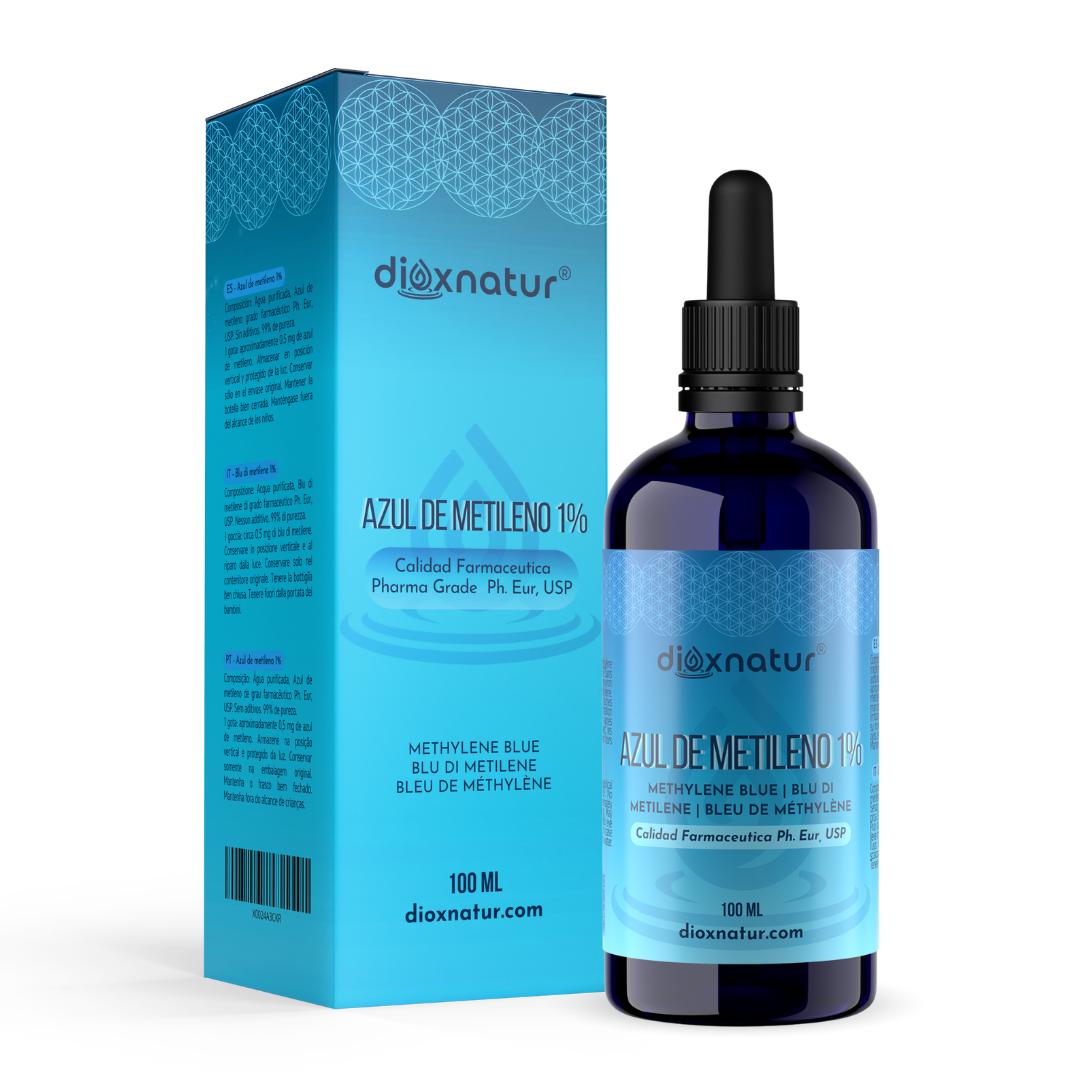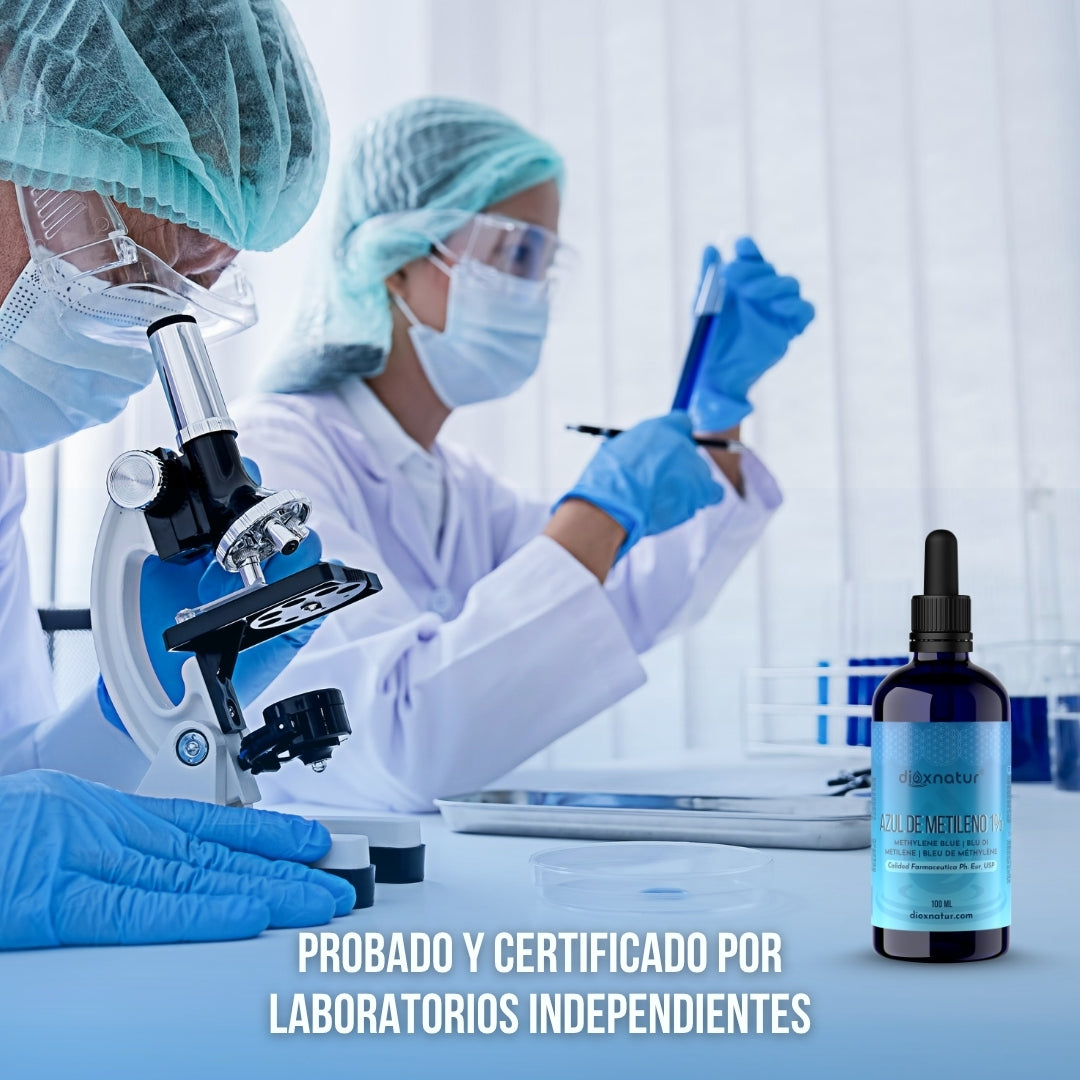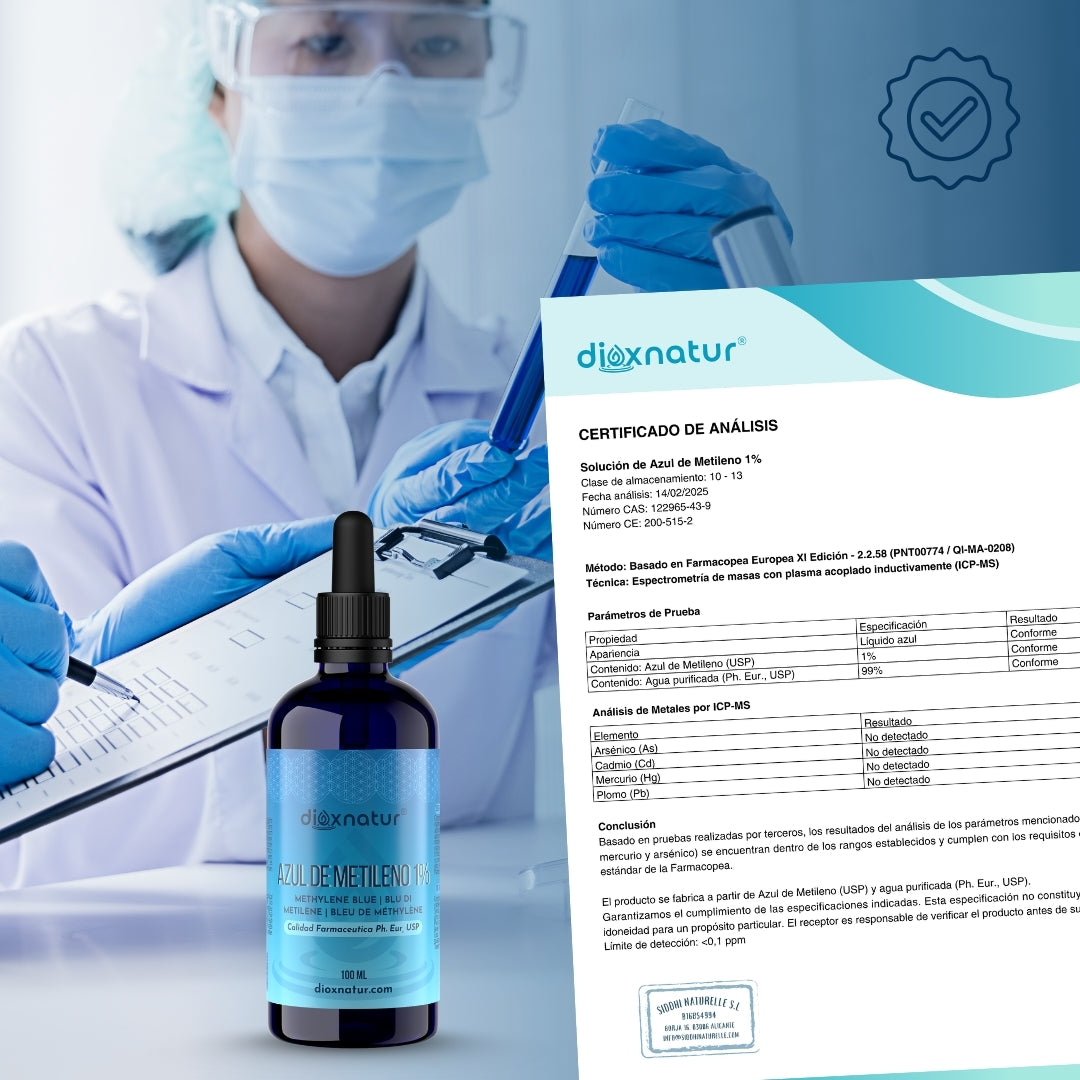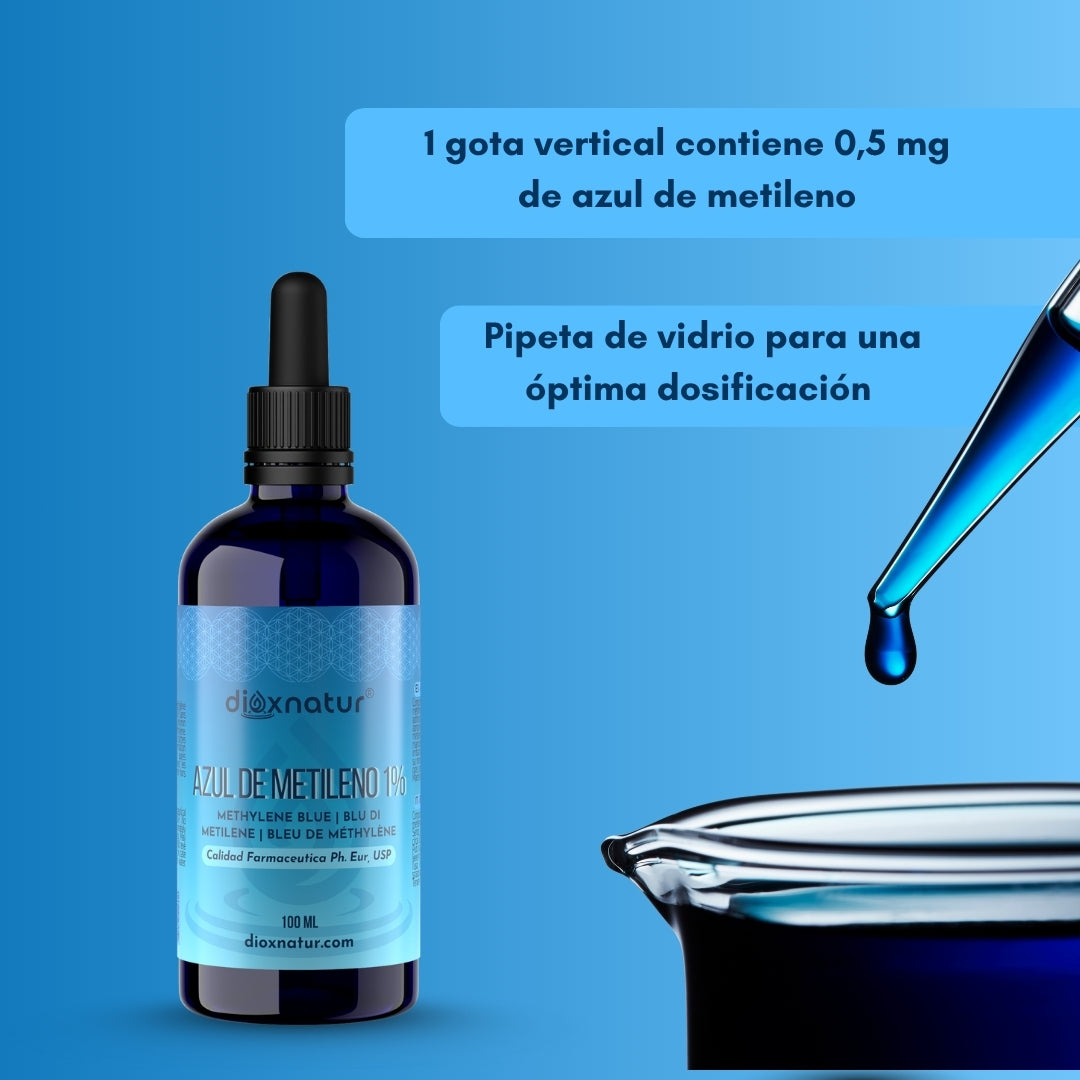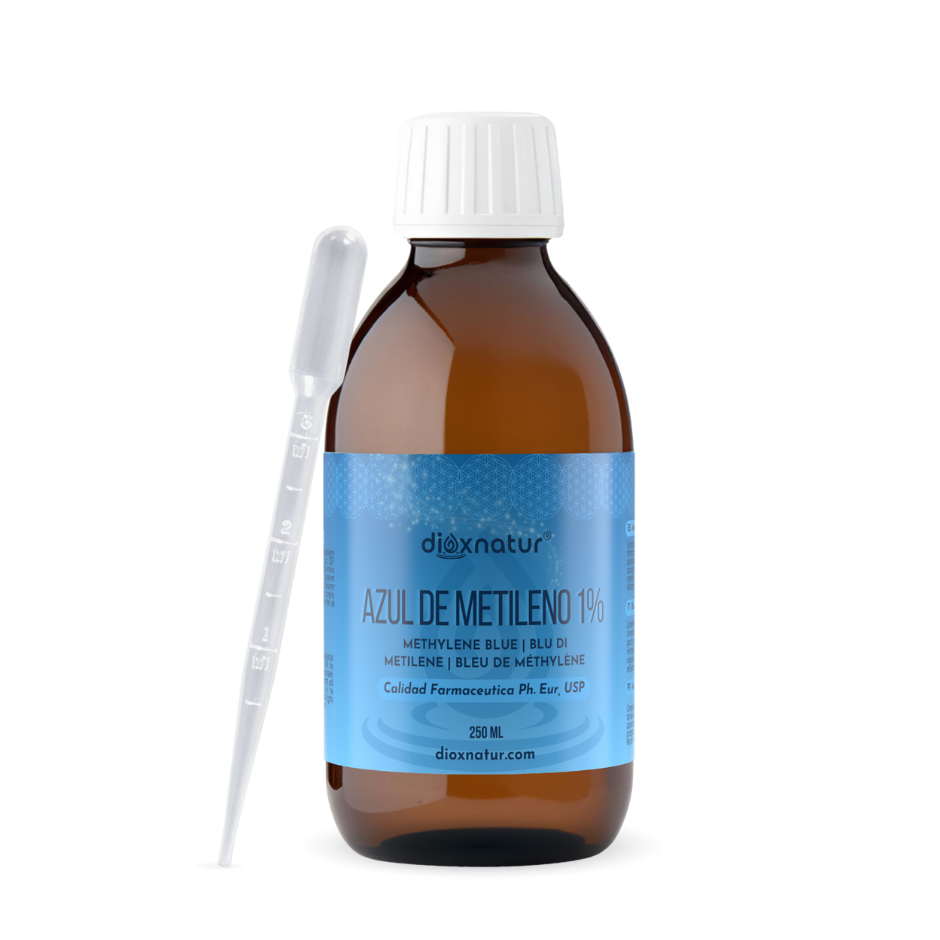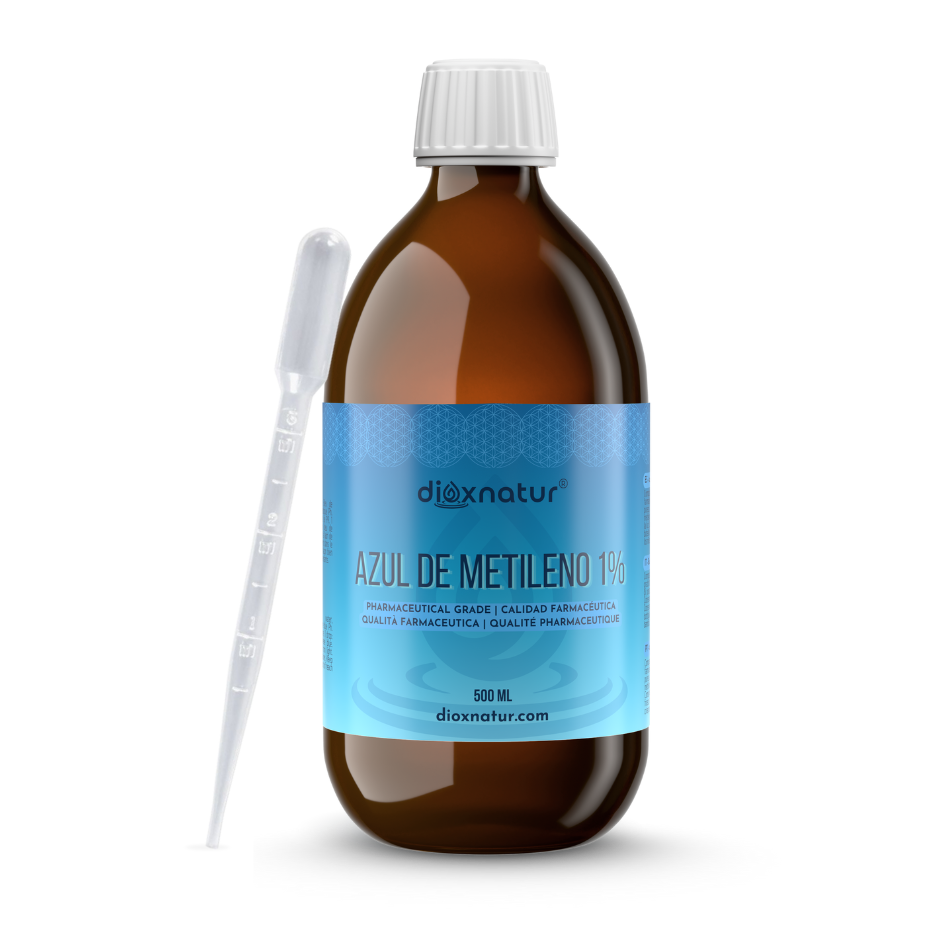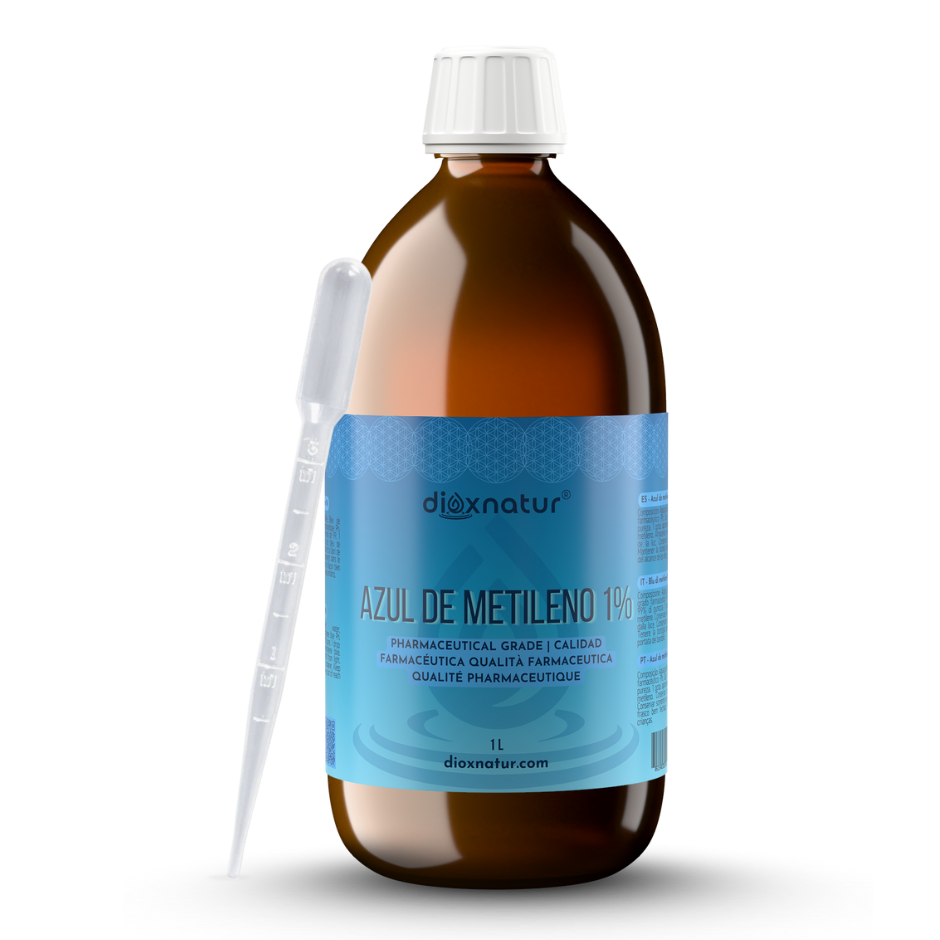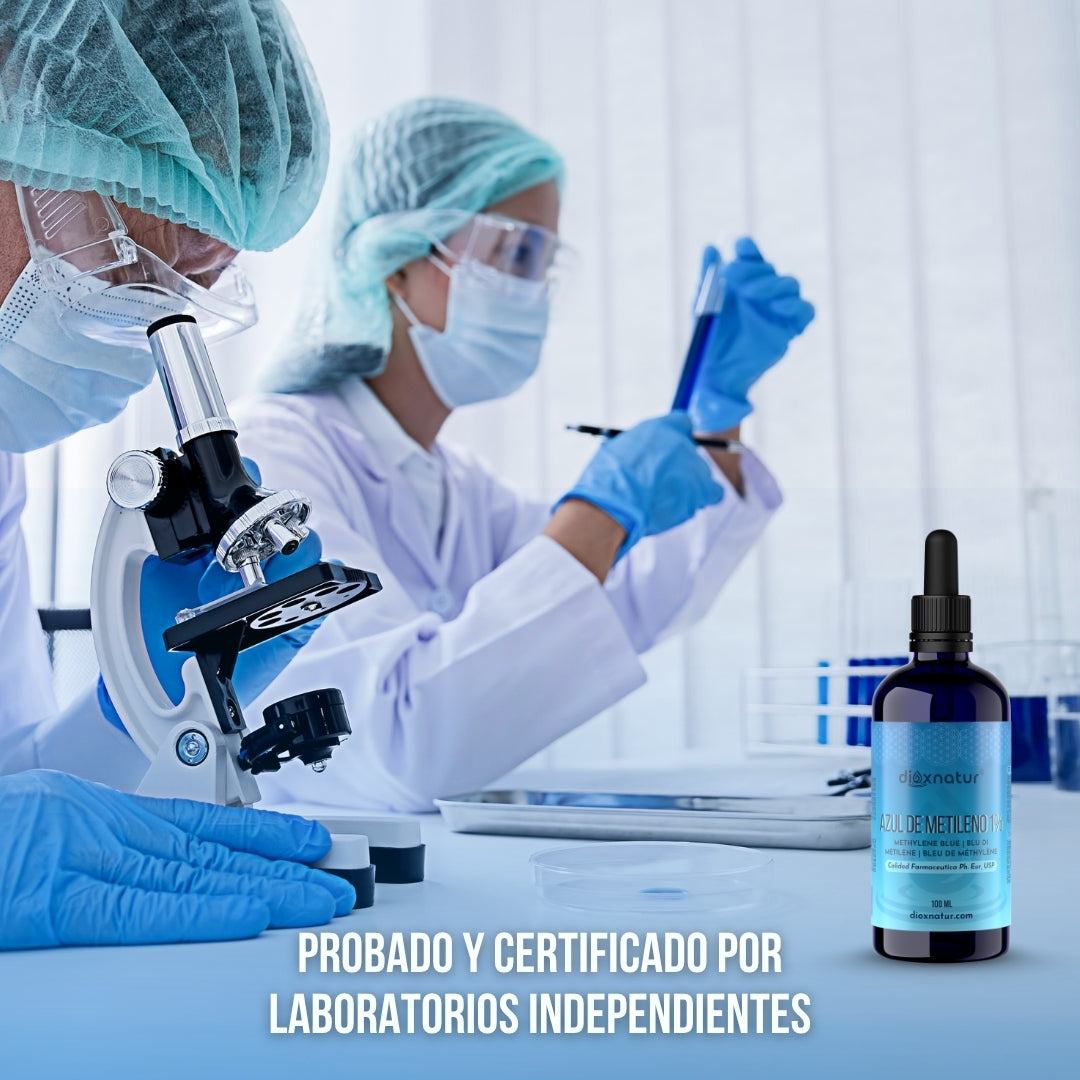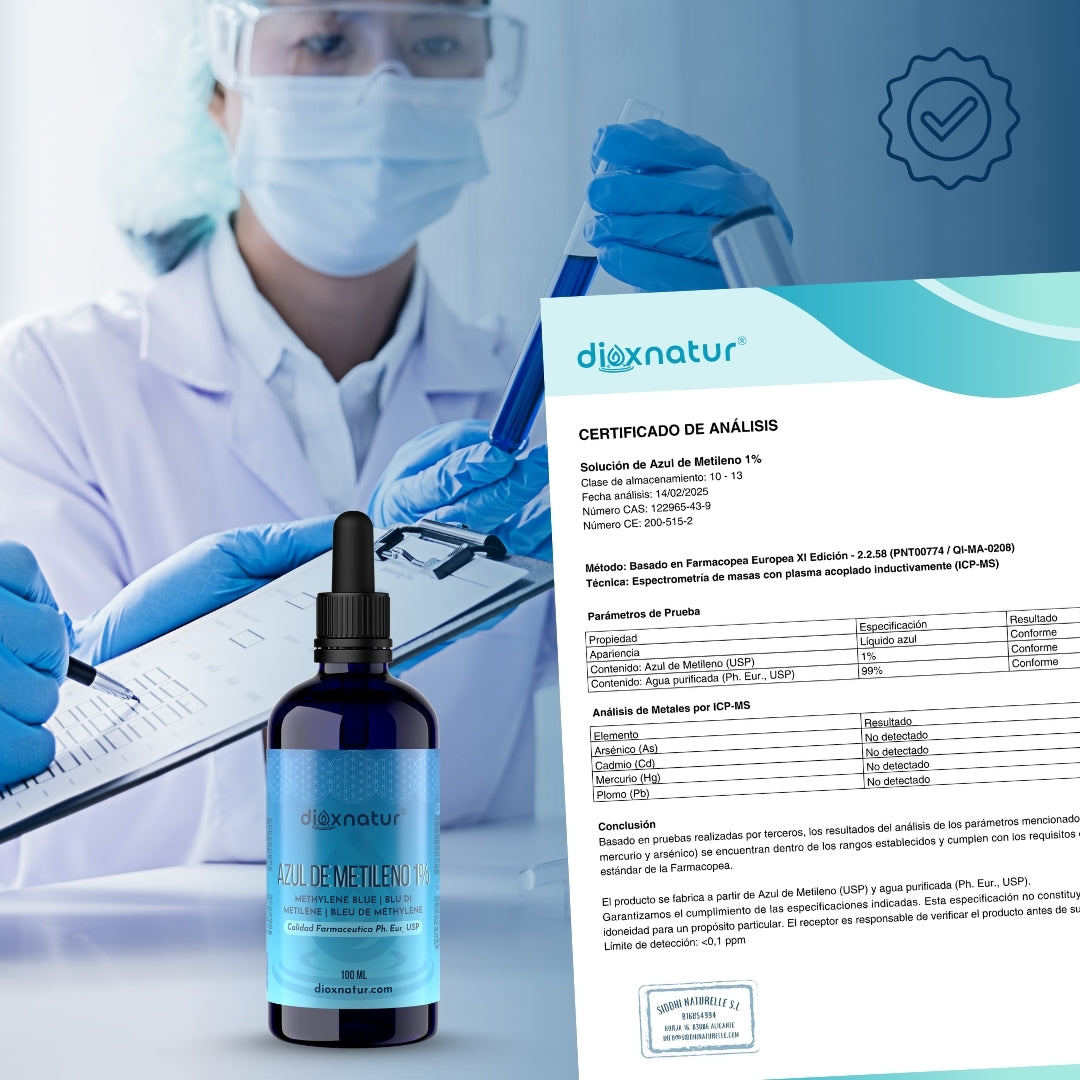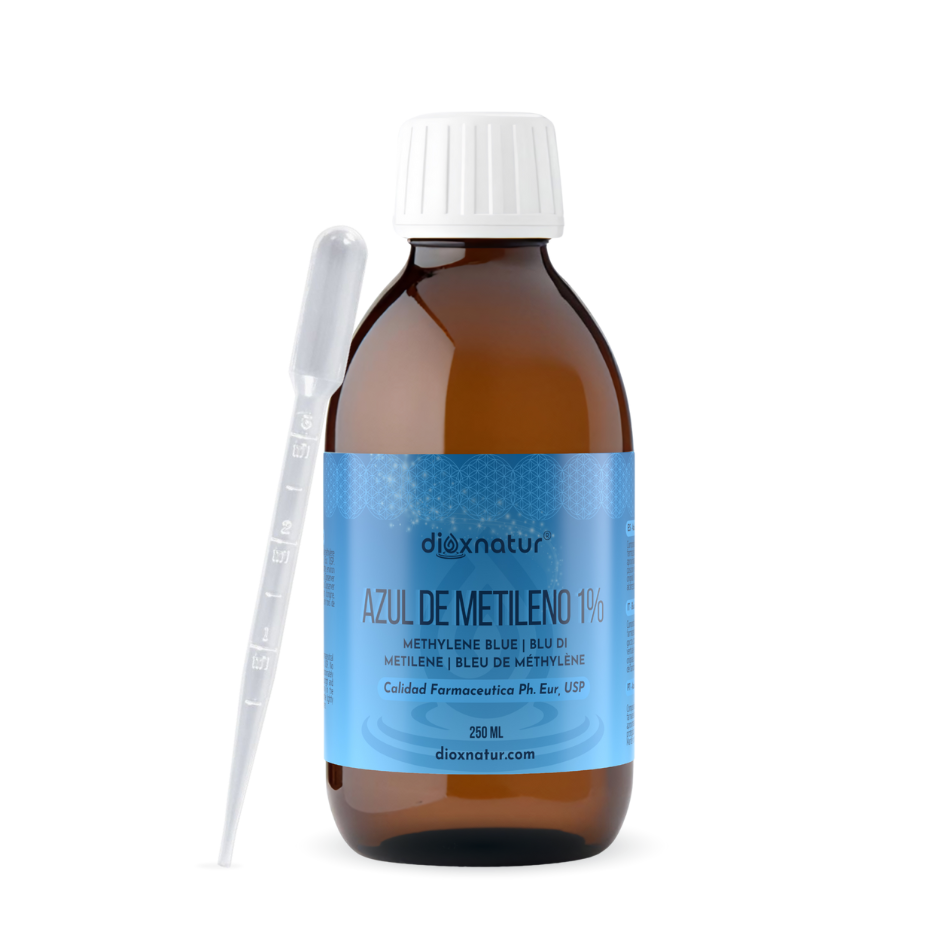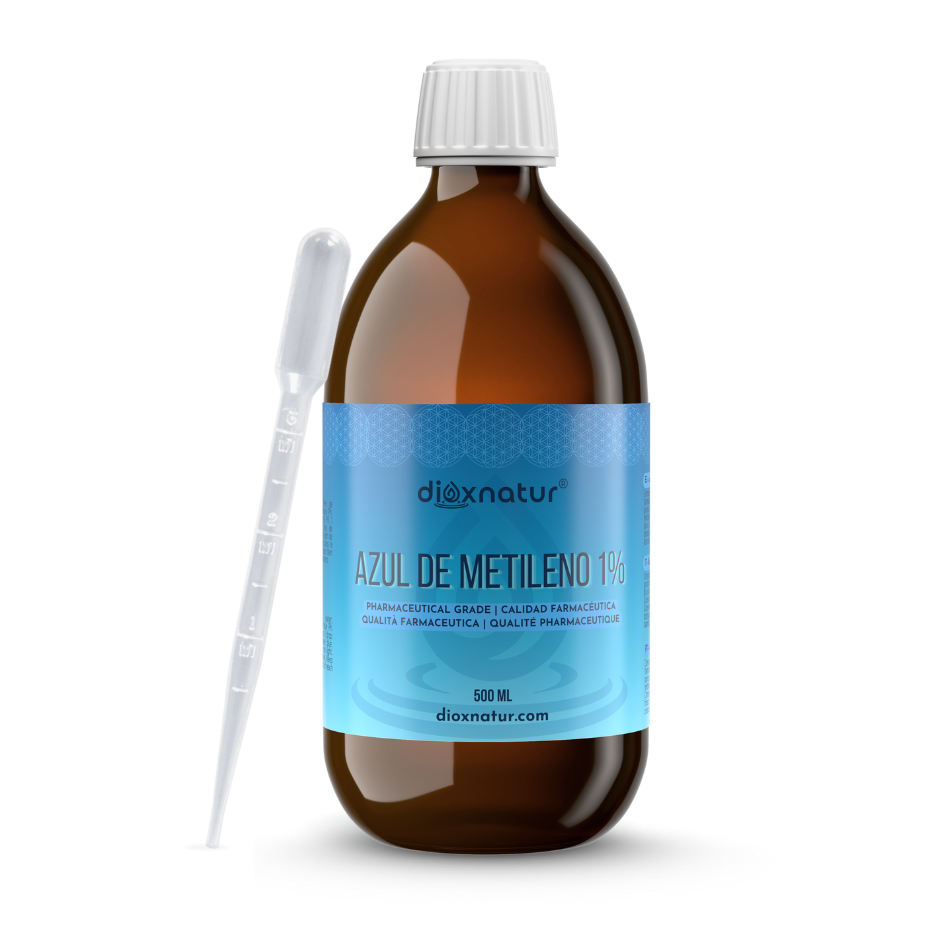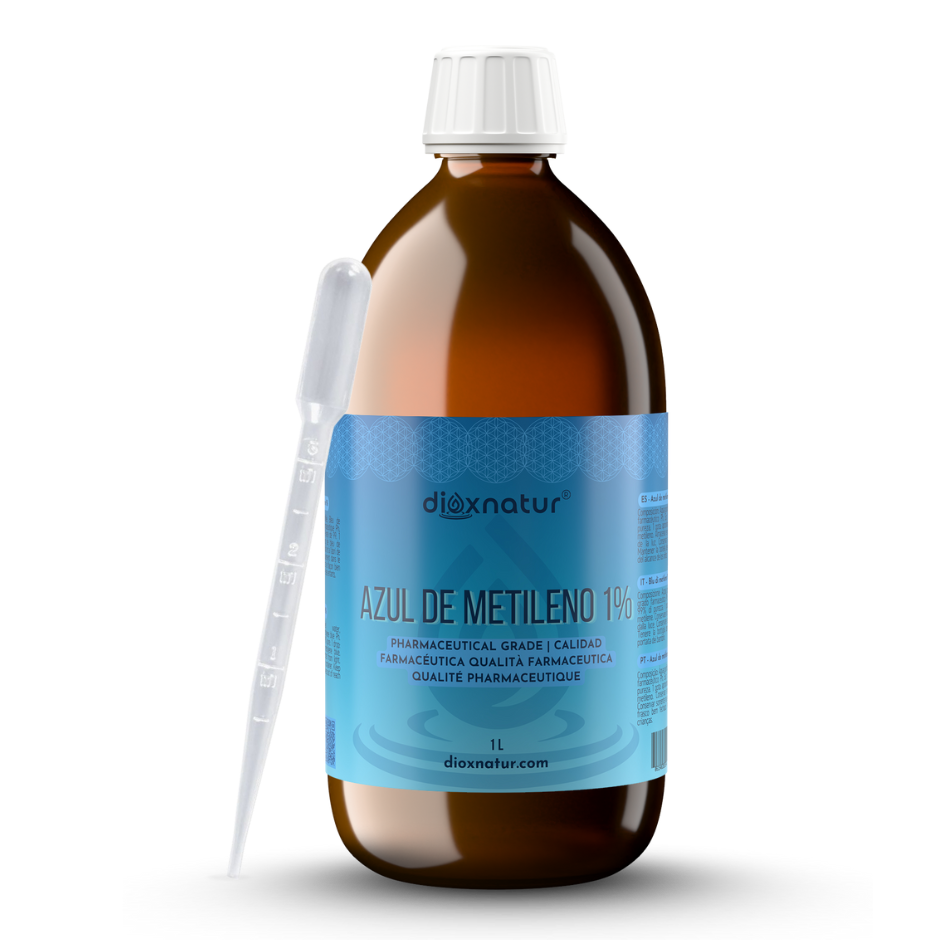Methylene blue or methylthioninium chloride is an organic compound that has several medical uses and is also used as a dye or coloring agent.
Methylene blue is a US FDA-approved treatment for acquired methemoglobinemia . It works as an antidote for ifosfamide and cyanide toxicity and is also known to treat urinary tract infections. Additionally, it is being investigated for its antimalarial and anti-Alzheimer properties . In addition to its medical applications in humans, methylene blue is also a widely used antifungal and antiparasitic treatment in aquaculture.
Dioxnatur is a manufacturer and supplier of high purity USP Pharmaceutical Grade Methylene Blue (Methylthioninium Chloride) for various applications. Our methylene blue meets the United States Pharmacopeia standard, and also Ph. eur grade.
PRODUCT SPECIFICATIONS
- Product name: Methylene blue
- Pharmacopoeial name: Methylene blue USP
- Synonyms: Methylthioninium chloride; Basic blue 9; Methylene blue zinc-free; CI 52015; Methylene blue trihydrate
- CAS No.: 122965-43-9
- Molecular formula: C16H18ClN3S
- Appearance and odor: Dark green or blue crystals or crystalline powder with a bronze-like luster. It is odorless or practically odorless and is stable in air. Its solution in water and alcohol is dark blue.
- Relative solubility: Slightly soluble in water and alcohol.
Frequently Asked Questions
Is methylene blue safe?
The use of methylene blue in therapeutic amounts (<2 mg/kg) is considered safe. However, at higher doses it can cause side effects such as serotonin syndrome and hemolytic anemia.
Does methylene blue kill cancer cells?
Methylene blue has shown potential in the treatment of cancer as a result of its ability to induce oxidative stress (which triggers apoptotic pathways , leading to programmed cell death) in cells and produce reactive oxygen species (ROS).
Is methylene blue acidic or basic?
Methylene blue is a basic dye.



